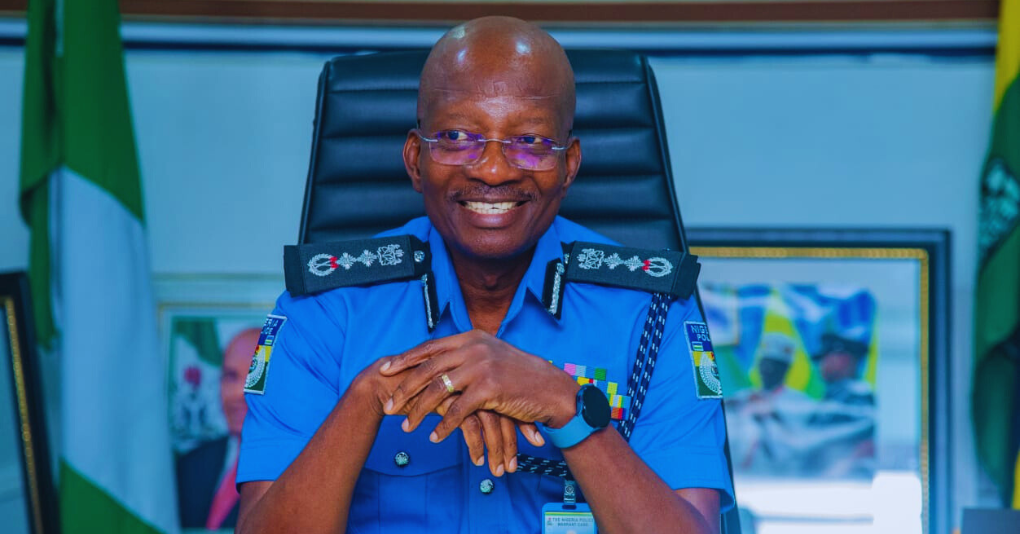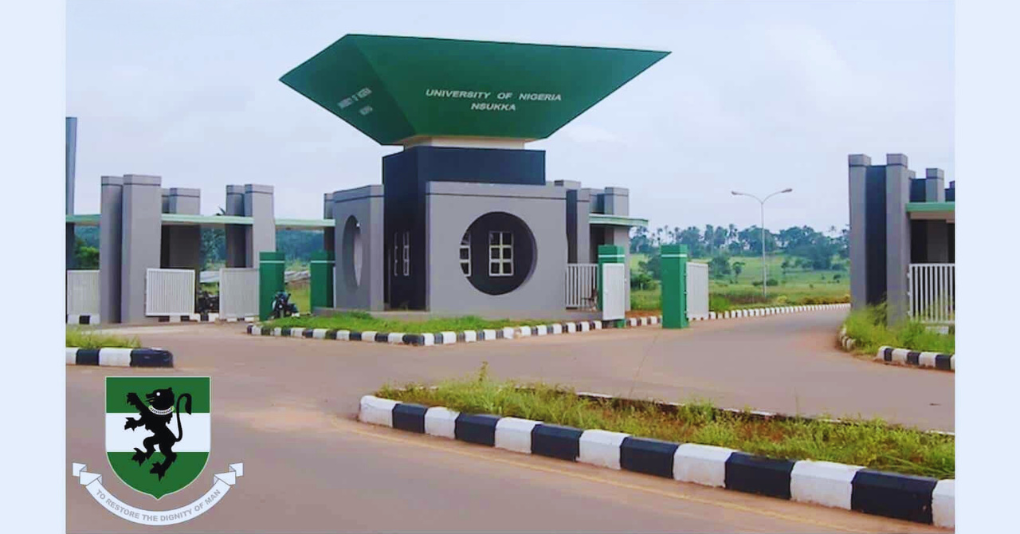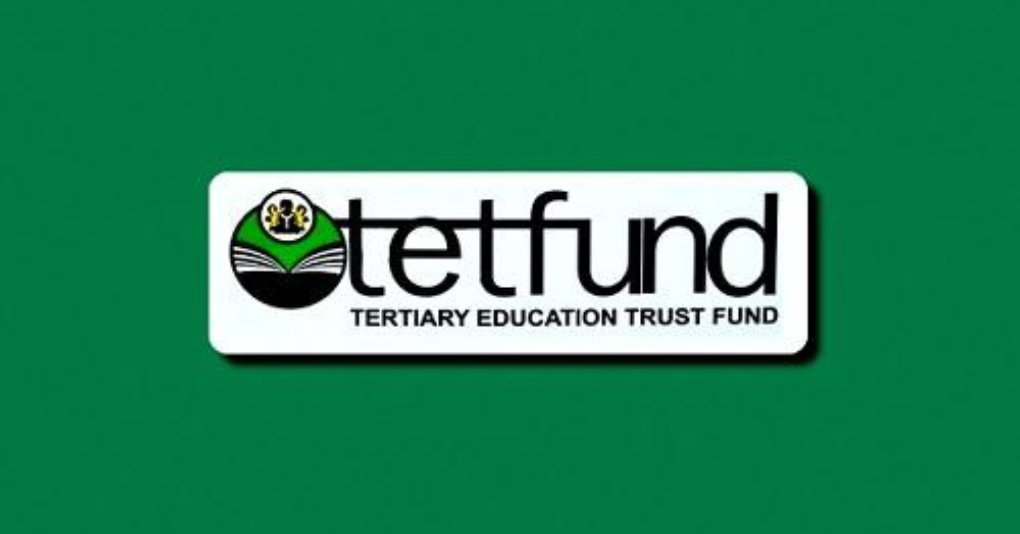In a major step toward modernising the Nigeria Police Force (NPF), the Inspector-General of Police, Kayode Egbetokun, has flagged off a comprehensive review of the Force’s training manuals and basic curriculum to align with contemporary security challenges and international best practices.
The five-day technical session, which commenced at the Protea Hotel, Ikeja, Lagos, brought together senior police officers, development partners, civil society organisations, academics, and other key stakeholders to reimagine police training in Nigeria.
Represented by the Deputy Inspector-General of Police in charge of Training and Development, DIG Frank Mba, the IGP described the review as more than a document update, calling it “a bold step toward redefining the values, structure, and identity of the Nigeria Police Force.”
Egbetokun noted that existing training manuals have become outdated and no longer reflect technological advancements, democratic policing principles, or the complexities of modern crime, including cybercrimes and transnational criminal networks.
“Effective policing rests not in uniforms or weapons but in the values instilled during training,” he said, stressing the need to uphold ethical standards and rebuild community trust.
He posed critical questions on the relevance of current training approaches, asking whether they equip officers to uphold the rule of law with dignity and discipline or merely to enforce it. “Reform is no longer optional,” he declared. “It is essential for the very legitimacy of our institution.”
The new training framework will focus on crime prevention, forensics, emotional intelligence, conflict resolution, human rights, and gender sensitivity. Egbetokun emphasised that the process will be inclusive and collaborative, involving serving and retired officers, education experts, civil society actors, and community stakeholders.
He praised President Bola Ahmed Tinubu for his unwavering support for police reform and acknowledged the technical assistance of international partners, including the United Nations Development Programme (UNDP), the Federal Republic of Germany, and the Global Security Sector Reform Foundation.
According to the IGP, the revised curriculum will remain dynamic—continuously updated based on feedback and evolving security realities. “The quality of policing tomorrow depends on the training we deliver today,” he said.
UNDP’s Team Lead for Governance, Peace and Security, Chamila Hemmathagame, applauded the initiative, describing it as a defining moment in Nigeria’s journey toward ethical and effective policing.
“With the government’s plan to recruit 30,000 new officers annually for the next five years, the recruit training manual has become a national strategic tool,” she said, adding that the content must reflect the Police Act, democratic values and the expectations of the Nigerian people.
Hemmathagame called for a modern, practical and context-specific curriculum rooted in the current Police Act and responsive to today’s security realities.
She added that the revised manual should integrate emotional intelligence, trauma-informed policing, gender equality, use of technology, innovation, and strong community partnerships.
She also stressed the importance of proper implementation of the curriculum and called for its timely adoption and effective delivery across all training institutions nationwide.
“We must be bold and visionary. What we build here will shape the next generation of policing in Nigeria,” she said.
In his remarks, the Director-General of the National Institute of Police Studies, Prof. Olu Ogunsakin, described the workshop as one of the most important milestones in the police reform agenda. He commended development partners including the German Government, UNDP, Cleen Foundation and the Global Security Sector Reform Foundation for their continued support.
“This is not just a routine workshop. It is an opportunity to shape the future of policing. Your frontline experience, insights and expertise are invaluable in ensuring that training reforms are relevant, effective and aligned with the highest standards of justice. When we talk about policing, we talk about trust and confidence. This is one of the steps we must take to build and sustain that trust with Nigerians”, he added.
He called for innovative thinking, practical solutions and open dialogue throughout the review. According to him, the new curriculum should not only equip officers with technical skills but also strengthen their ethical decision-making, community engagement and commitment to their constitutional duty to protect and serve.
Share this post





Be the first to comment on this post